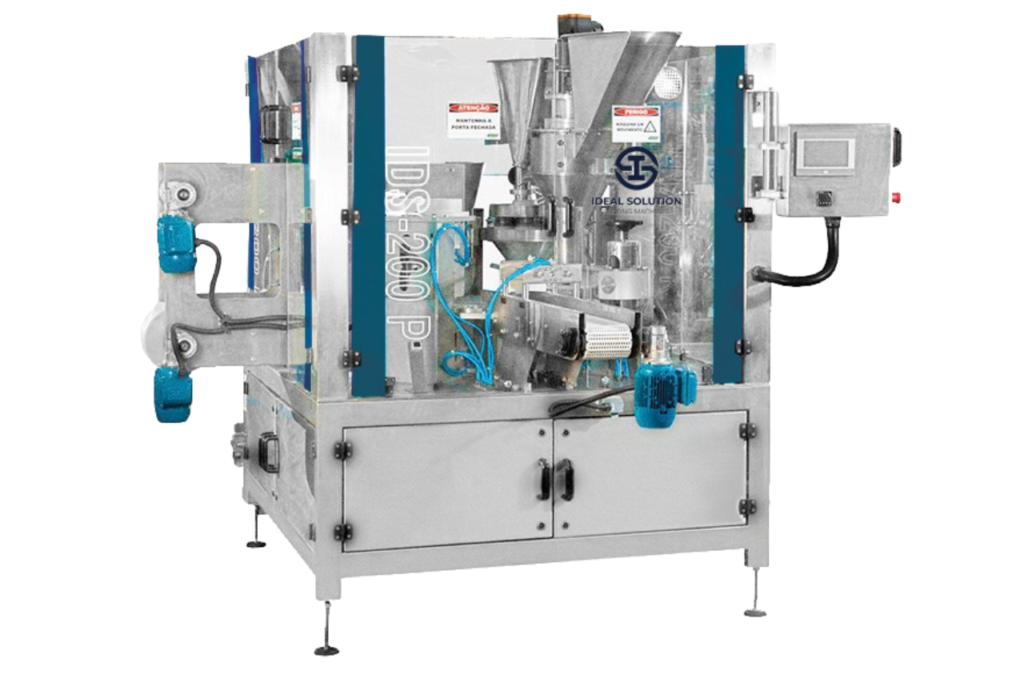Bottle Machines
Filling machines, also known as bottle filling machines, are equipment designed to automate the process of filling various liquids into bottles. These machines are widely used in industries such as beverages, pharmaceuticals, cosmetics, and household products, where liquids need to be dispensed efficiently and accurately into bottles of different sizes and shapes.
Here are the key components and steps involved in the filling process using filling machines:
Bottle Feeding: Empty bottles are introduced into the machine through a conveyor system or other feeding mechanisms. These bottles can vary in size, shape, and material.
Filling: The liquid product to be filled is pumped or gravity-fed into the bottles. The filling process can involve various methods such as volumetric filling, piston filling, gravity filling, or vacuum filling, depending on the product properties and machine design.
Capping: Once the bottles are filled, caps or closures are placed onto the bottles. Capping may involve different mechanisms such as screw capping, snap capping, or pressure capping, depending on the type of cap and the required level of sealing.
Sealing: The caps are tightly sealed onto the bottles. This step ensures that the product remains fresh and tamper-evident until opened by the consumer.
Labeling and Coding: In some cases, labeling and coding systems are integrated into the filling machine to add product labels, barcodes, batch codes, and other relevant information to the bottles.
Inspection: Filling machines may include inspection systems to check for defects in the filled bottles, such as improper fill levels, missing caps, or damaged containers.
Collection and Packaging: The filled and sealed bottles are collected and may be grouped into larger packaging units, such as boxes or crates, for distribution.
Filling machines are available in various types, ranging from semi-automatic to fully automatic, and can handle a wide range of liquid products such as water, soft drinks, juices, oils, chemicals, and more. The choice of a filling machine depends on factors like production volume, the type of product to be filled, the desired level of automation, and the available budget.
These machines play a crucial role in maintaining product consistency, accuracy, and efficiency in the packaging process. They are essential for industries that require large-scale production and reliable packaging of liquid products.


